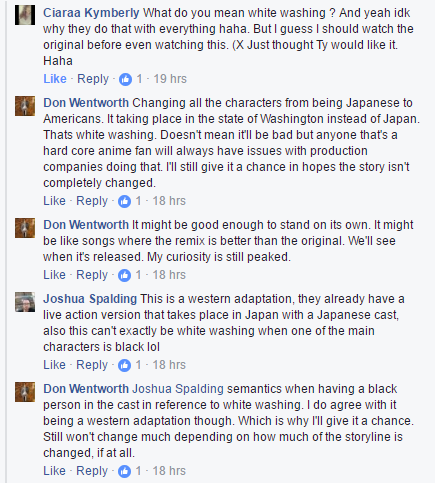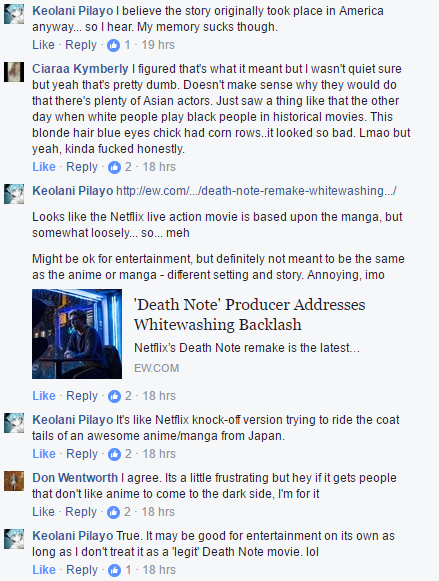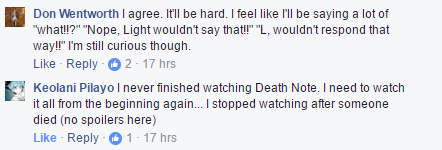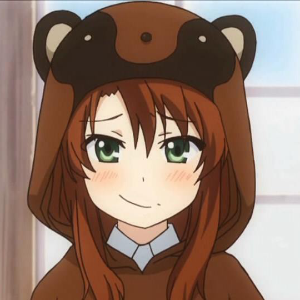For the longest time I have always wondered why productions studios would whitewash the cast of films that would be based around characters or culture that are NOT white. Not only that, change a good portion of the original story, seemingly to better suit this fact. For the longest time I thought that maybe there weren’t enough actors or actresses that were good enough at acting to take on the roles. Then, I also thought that maybe the cultural differences might be too hard to explain to the viewing audience and be entertaining at the same time. Then I found out that this was a continuous trend in films since the 20’s and 30’s. A 2014 Huffington Post article covers this pretty well.
I always cringe a little when I hear of a live-action adaptation of an anime or videogame that I like. Mainly because I know that the story has a great chance of being changed. The race of the cast doesn't matter much to me but it does, at times, water down the lure of the story if you understand that culture from which it came. Not that the racial aspect bothers me that much if the acting matches the character but sometimes they even get that part wrong. Since I love deep discussions about all things, especially about topics I have an interest in, I love it when I come across people that can express their views without being ignorant to other’s. I came across one such a gem of a discussion, that inspired this post, last night when my sister tagged her boyfriend in a post on Facebook about the Netflix adaptation of Tsugumi Ohba’s Death Note. I decided to add my two cents about how I don’t like the fact that they changed the name of the protagonist and location of the story and considered it whitewashing.
Although she isn’t as versed in the world of anime she knows about the fact that whitewashing happens in films often. I also express how I would still give it a chance since the acting might be good enough to win me over. One of her friends enters, stating how it’s a western adaptation since they already made a live-action movie in Asia. He also points out that it isn’t exactly whitewashing when there is a character that is black. I view that as just being semantics because they are still not the original race of the story but go on to say that it might be good enough to stand on its own as long as the story doesn’t change. If the story isn’t sacrificed, I can put up with the cast not being of Asian descent.
| 1 | 2 |
|---|---|
 |  |
One of her other friends enters and says how she thinks that the story might be originally from the States. Doing some research, I find out that may not be necessarily true. This article explains more. She then goes on to post a link to an article where the producer explains why he doesn’t feel it’s whitewashing since it’s an adaptation to better appeal to the US market. Which is a fine line to walk since there already is an Asian live-action movie based in Japan with Japanese actors. This is why I can understand why this can be viewed as not exactly being whitewashing, unlike with Ghost In The Shell. The producer also mentions in the article that they did try and find an Asian actor for the lead role but couldn’t find one that spoke perfect English and suited the role.
The stigma of whitewashing is going to be hard to avoid since it’s still so prevalent in films today. Especially with a passionate group of people like anime and videogame fans. It might be hard to watch without being at least a little bias but I’ll still give this adaptation a chance keeping in mind it is trying to appeal to the US market. Plus, I have yet to be disappointed by any work that Willem Dafoe has been a part of.
What do you think? Will you give this a chance or pass? Do cultural differences make changes necessary for changes in the race of the cast to appeal to a target audience? Are plot changes necessary? I want to know what you think.
Special thanks to @ciaraakymberly, Joshua Spalding and Keolani Pilayo for giving me permission to use our discussion on this matter.




Smugvoted, ~desu~
